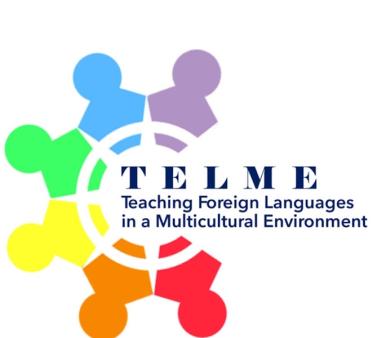Objectives
The primary goal of this degree is to provide students with a sound base in the associated historical, theoretical, aesthetic, analytical, sociological, legal and economic fields.
The course has been designed to encourage links between the theory and practical modules. Students experience first-hand the realities of contemporary creation in either theatre (stewardship in the performing arts and mediation, scenography and technical aspects, transmission, etc.) or cinema (film production, distribution and screening, cultural facilitation, screenwriting and critical analysis). This is made possible through a permanent teaching team that includes professionals from different sectors of the cultural domain.
Skills
Students will gain an in-depth knowledge of essential works and of the history of theatrical and cinematographic practices and an understanding of the economic, legal and institutional functioning of the performing arts or cinema sectors.
The course focuses on gaining proficiency in analytical tools (analysis of theatrical texts, dramaturgy, scenography and staging in the performing arts, or analysis of the techniques, staging and forms associated with cinematography), all of which are key to any subsequent specialized research work.
Finally, it allows students to experiment with a number of practices (on-set experience, playwriting, dramatic art, staging, scriptwriting, budgeting, preparation, shooting, post-production; programming, distribution and cultural activities) so that they become familiar with the professional life of a technical and artistic team.
Students can also benefit from writing workshops and personalized support for improving their French written language skills.
Course Content
The degree offers bi-disciplinary teaching in cinema and theatre throughout year 1. From the second semester and for the remainder of the degree course, these classes are divided into two distinct theatre and cinema pathways that continue to provide fundamental multi-disciplinary modules. See the introductory booklet on one-year Bachelor’s degree (Licence 1) courses.
From the second year onwards, visiting professionals are involved in tutorials (TDs), and guest contributors from the artistic and professional communities take part in practical workshops. See the introductory booklet on two- and three-year Bachelor’s degree (Licence 2 and Licence 3) classes.
-
The theatre pathway offers a choice of two routes related to professional activities, namely artistic support (mediation and transmission) or stage careers (technical and creative), as well as practical workshops run by guest artists.
-
The cinema pathway, in addition to the theory modules that remain at the heart of the training, offers classes on the institutions and professional structures of the target environment combined with practical workshops showing students how to properly manage their own artistic projects (one project per semester in the second and third years).
Practical theatre or cinema workshops are attended by around a dozen students. See the introductory booklet for more information on the workshops.




